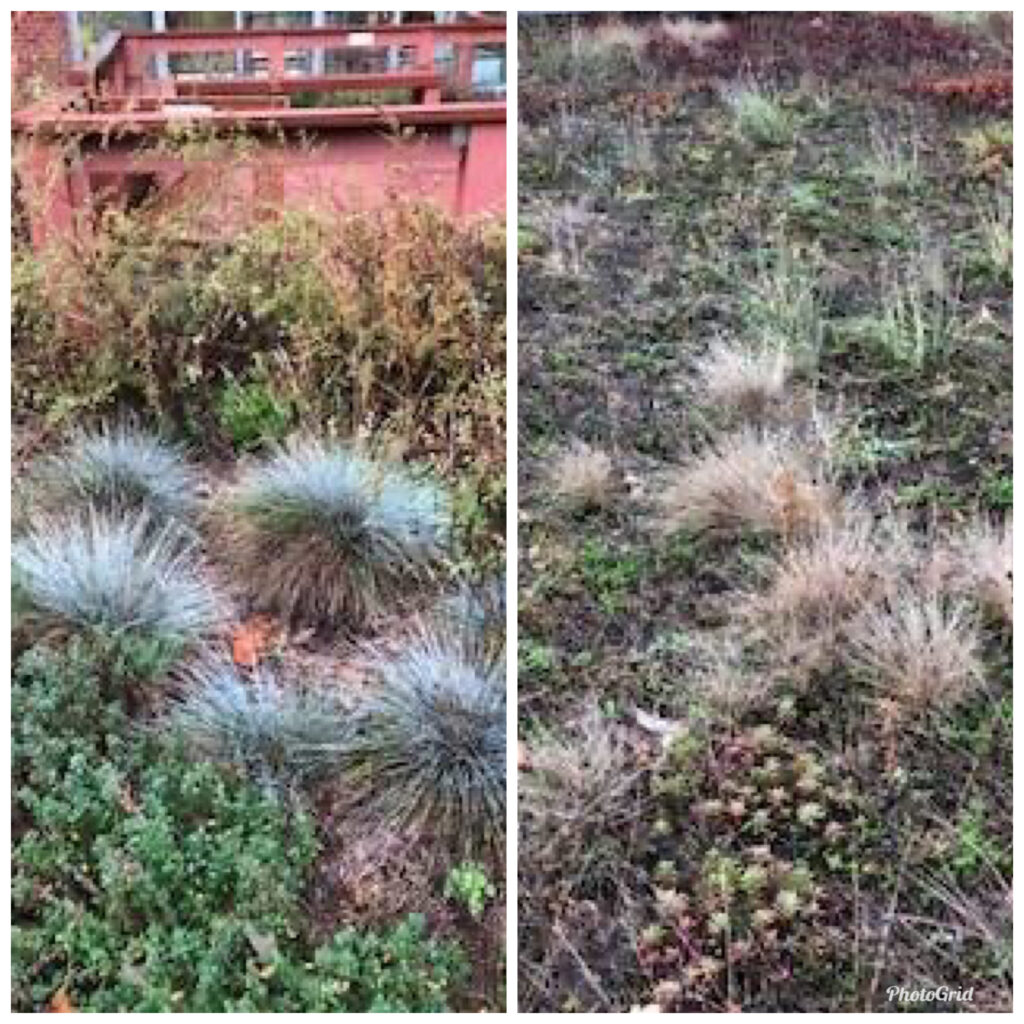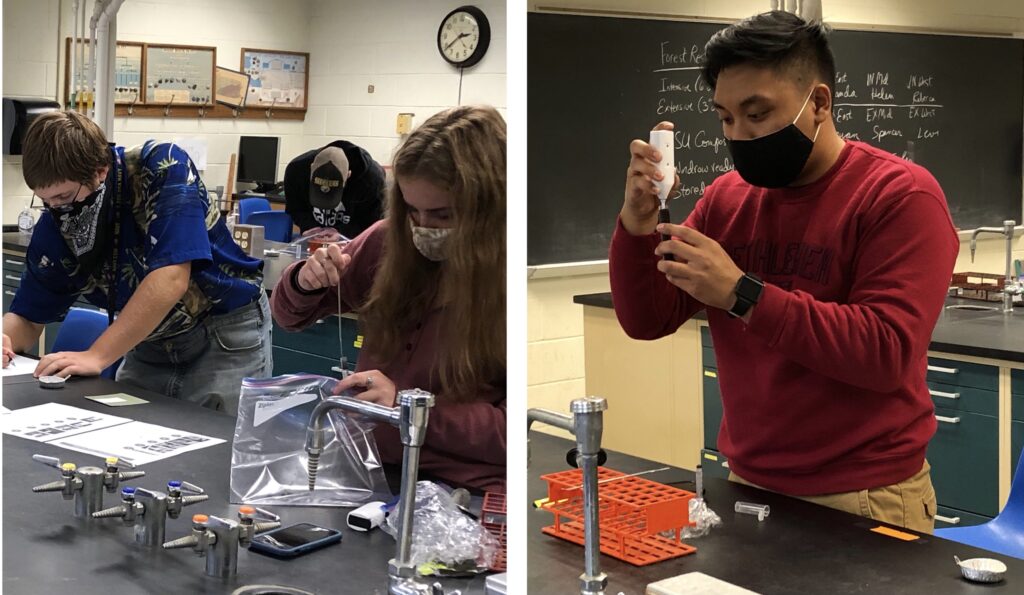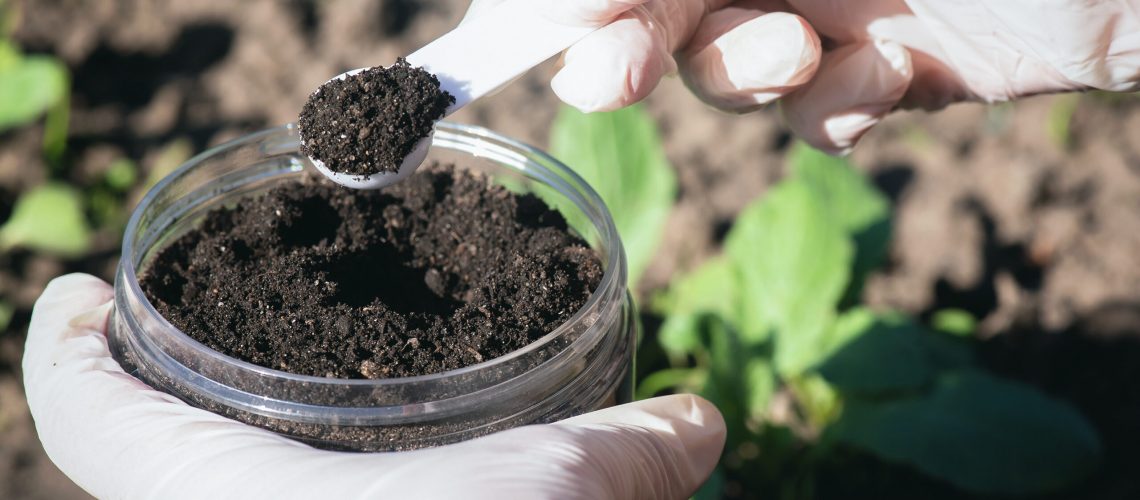
We began offering microBIOMETER® Academia Classroom Kits last year and are excited with the interest we have received so far from universities, high schools and other academic institutions in the U.S. and abroad. Professors are utilizing our soil test to introduce their students to the world of microbes and soil health.
Mary Ann Bruns, Professor of Soil Microbiology at Penn State University recently shared how students in her Soil Ecology class used microBIOMETER® to analyze microbial biomass in the 10-year-old Green Roof Medium of the Forest Resources Building on campus.
Students took composite samples from the “intensive” section (where rooting medium was originally 12 inches in depth) and the adjacent “extensive” section (depth of 4 inches). Samples were taken next to the blue fescue plants in both sections.
Having a deeper layer of growth medium provides more water and nutrients for plants, so the hypothesis was that samples from intensive (healthier) areas would have higher MBC than those from extensive (dried out) areas. Average depths were 7.1 and 3.8 inches, respectively, in intensive and extensive areas. Average MBC for the two areas were 253 and 159 micrograms per gram medium, respectively. Click here to read the full report.
A special thank you to Mary Ann and her students for sharing their research, data and photos! If you would like to share your student’s microBIOMETER® research in our newsletter or learn more about our Academia Classroom Kits, please contact us.


